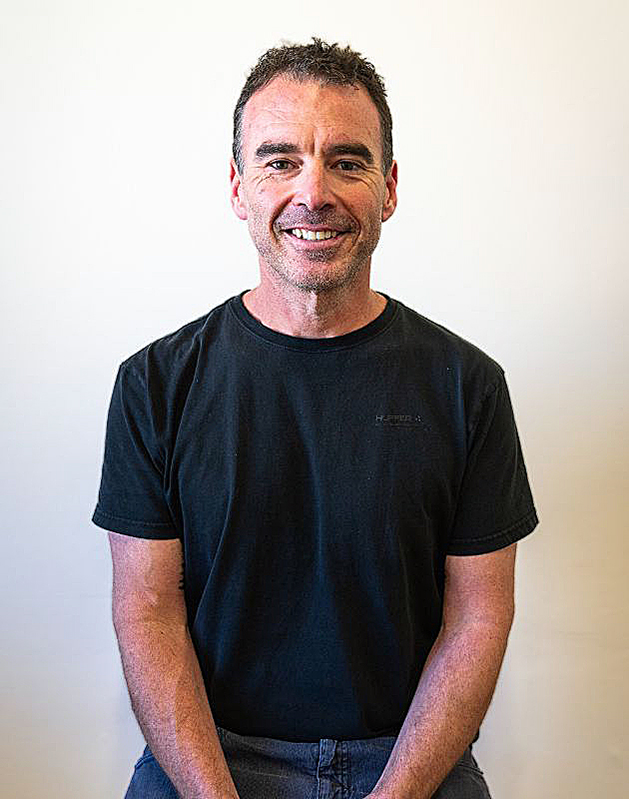The real cost of 'busy'

.
Jason Lougher
“Busy” has become the standard answer in smalltown business life. Ask someone how work’s going, and you’ll likely hear it: “Flat out, mate.”
In places like Whakatāne, being stretched has become a badge of honour a sign you’re in demand. But behind that humblebrag lies a cost most business owners don’t talk about. And I don’t just mean late nights and skipped dinners.
The truth is, busy is often a red flag, not a success metric. It doesn’t mean the business is booming. More often, it means the wheels are coming off in slow motion.
That’s not to say being busy is always a bad thing. It can signal growth, opportunity, or genuine demand. But when “flat out” becomes your default setting with no off switch in sight, something’s not working.
The one-person band problem
A big part of the issue is structural. Most New Zealand businesses are small. In fact, 97 percent of all businesses in Aotearoa are classed as SMEs (Small and Medium-sized Enterprises), and over two-thirds of those are owner-operators with no staff. That’s a lot of one-person bands juggling every role from marketing and sales to invoicing, tax, and delivery.
So, when something breaks, when a deadline looms, or when your inbox goes feral, guess who’s fixing it? There’s a certain pride in doing it all, but there’s also a limit. If your business only works when you’re working nonstop, you become the system, and that’s not sustainable.
Burnout isn’t a buzzword anymore, it’s practically on the payroll
According to a recent survey by the wellbeing@work project at Massey Business School, 57 percent of Kiwi workers are now at high risk of burnout. And here in the Bay of Plenty, it’s worse; nearly 72 percent are at risk, the highest rate in the country.
That means three out of four people are hanging on by their fingernails. The fourth? Probably on leave.
Burnout creeps in slowly; a little brain fog here, a short fuse there, constant tiredness that no amount of sleep seems to fix. You feel as if you’re working harder and getting nowhere. But because “busy” is worn like a badge of honour, we don’t stop to notice. We just keep going.
This isn’t about doom and gloom, it’s about awareness. Because when you spot the signs early, you have a chance to turn things around. And it might start with a question we need to ask each other more often: “You OK, bro?” Because clearly, a lot of us aren’t.
What busy might be hiding
For many business owners, constant busyness is masking deeper problems. The pricing doesn’t stack up. There are no systems, just habit and hustle. There’s no planning rhythm, just reaction. And because there’s no breathing space, there’s no time to pause and ask: “Where is this heading?”
Hard work isn’t the problem. It’s when chaos becomes the only setting. When everything depends on you being available 24/7, you’re not leading, you’re just surviving.
So, what can you do?
Start by asking yourself a few honest questions. Are your systems working, or are you just winging it every week? Is your pricing still fit for purpose, or has it fallen behind your costs and capacity? Are you carrying the entire weight of the business on your own? And when was the last time you paused to look at your workload with fresh eyes?
Once you’ve taken stock, start small. No need to overhaul everything overnight, just begin with one step. Block out one hour each week for planning, no phones or emails allowed. Build a basic 90-day rhythm: what do you need to get done this quarter to move the business forward, not just keep it afloat?
Revisit your pricing. Document one process that could be automated or handed over. Check in with your team or if you don’t have one, ask yourself: am I trying to do the job of five people?
And finally, take your lunch break. Not while multitasking, not in the car. A proper break. It does more for your brain than you’d think. These might seem like small changes, but they compound.
So, what’s next?
The best run businesses I work with aren’t chaotic. They’re calm. They’ve built systems. They’ve priced properly. They’ve made space to think, plan, and breathe. They’ve also figured out something most people haven’t: you don’t need to do it all yourself.
Even if you don’t have staff, co-owners, or a formal management team, there are smarter ways to scale your capacity.
And sometimes, the most valuable addition to your team isn’t a person at all.
That’s what I’ll explore in the next column: The Smartest Hire You’ll Make This Year Isn’t a Person. Spoiler, it might live inside your laptop.
Jason Lougher is a chartered accountant and owner of Calc Business Advisors and Chartered Accountants. He advises business owners across the Eastern Bay.